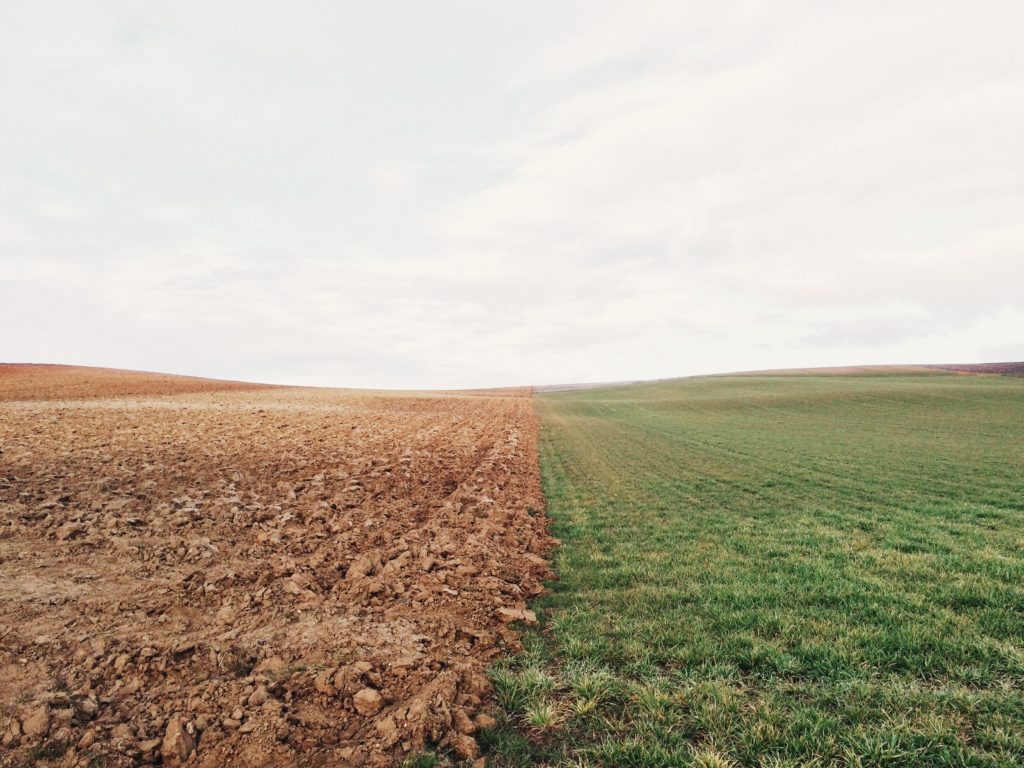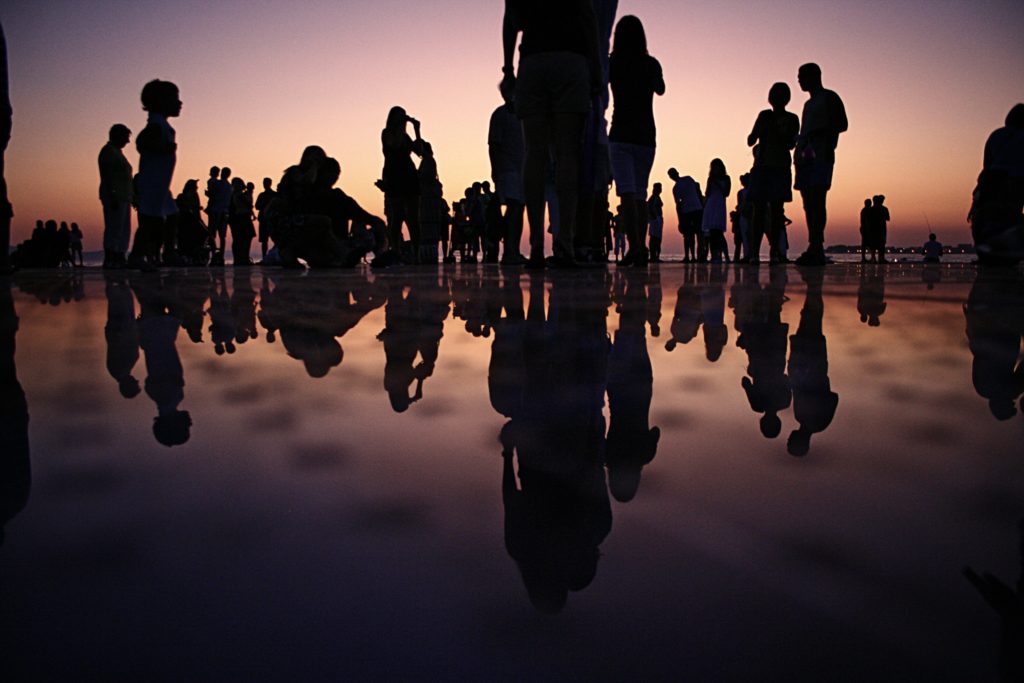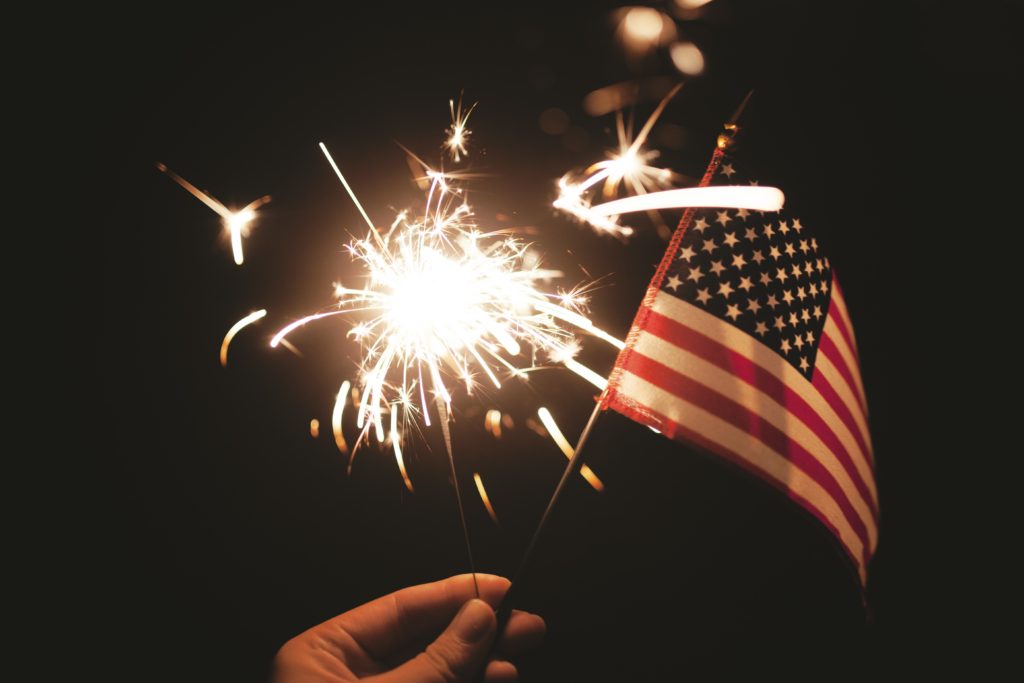“Do not set your eyes on things far off.” - Pythian Odes
I've had at least four people mention to me some iteration of, “What are the gifts where you are?” so it seemed like a good post to write today.
I am deeply unhappy about a few things in my life. There are a few things I want to change and they aren't changing fast enough, darnit. It's easy for me to peer ahead, to fantasize about the future, and then get frustrated when the future is not my present reality. I've had so much resentment this week about that and accordingly, people keep asking me to practice gratitude for where I am.
 |
| Don't peer too far ahead. |
As you can imagine, my compulsions haven't solved anything either.
I experienced a shift when I asked myself, “What if I viewed this situation as temporary? What if I knew it would end?” Somehow that made all the difference. For me, whatever I'm experiencing now, I think I'll experience forever. It's hard for me to keep in mind this too shall pass, and it's the notion there isn't an endpoint that causes me so much distress. When I know there's an endpoint though, everything becomes more bearable. And when I know there's an endpoint, I can start to see the gifts of my current situation. I view things differently and understand this is a period where I'm being given the opportunity to cultivate whatever, fill in the blank, and I get myself back to a place of gratitude.
I know this is a vague post but that's because I'm not ready to discuss the specifics in a public forum, but I think the lesson is a good one. How often do we view our present situation as interminable? How often do we think the way things are will be the way things continue? It's helpful for me not to say to myself, “This too shall pass,” because, great, glad to know maybe when I'm 95 this will pass, but instead to affirm this has an endpoint because it does. When I know there's an endpoint, I can quit asking, “When will this be over?” Staying present can be difficult sometimes, but maybe if we knew there will be an end, staying present would be easier.
I dream of a world where we're able to focus on the here and now, even if we don't like it. A world where we understand all things are temporary. A world where we do our best to stay present because we understand each experience or period has something for us to mine.
Another world is not only possible, it's probable.



